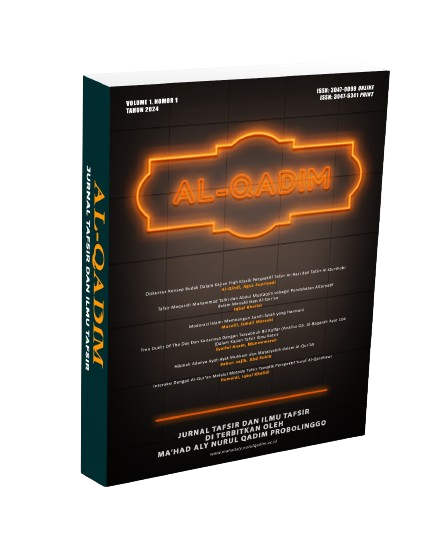Remembrance of God (Zikir) and Its Influence on Inner Peace in the Modern Era According to the Quran
Keywords:
Zikir, Spritual, Ketenangan JiwaAbstract
In the modern world filled with pressure, many individuals experience stress and anxiety that disrupt their inner peace. Dhikr, as a spiritual practice in Islam, offers a solution for achieving tranquility and true happiness. This research analyzes the influence of dhikr practices taught in the Qur'an on individuals' peace of mind and the spiritual dimensions of dhikr as a means to cope with stress. Through a library study, it was found that dhikr is not just verbal recitation but a deep spiritual experience that brings individuals closer to Allah SWT. Consistent practice of dhikr helps individuals attain inner peace and overcome emotional disturbances. There are three forms of dhikr—dhikr jali, dhikr khafi, and dhikr haqiqi—which reflect levels of depth in remembering Allah. Therefore, it is recommended that individuals integrate dhikr into their daily lives and that social institutions organize programs supporting dhikr practices. Further research is also needed to explore the effectiveness of dhikr in facing the challenges of modern life
Downloads
Downloads
Published
Issue
Section
License
Copyright (c) 2024 Rafikah Marhani Hsb, Ali Akbar, Ghina Adilah, Izzi Munaya Putri (Penulis)

This work is licensed under a Creative Commons Attribution-NonCommercial-ShareAlike 4.0 International License.
- Authors retain copyright and grant the journal right of first publication with the work simultaneously licensed under a This work is licensed under a Creative Commons Attribution-NonCommercial-ShareAlike 4.0 International License. that allows others to share the work with an acknowledgment of the work's authorship and initial publication in this journal.
- Authors are able to enter into separate, additional contractual arrangements for the non-exclusive distribution of the journal's published version of the work (e.g., post it to an institutional repository or publish it in a book), with an acknowledgment of its initial publication in this journal.
- Authors are permitted and encouraged to post their work online (e.g., in institutional repositories or on their website) prior to and during the submission process, as it can lead to productive exchanges, as well as earlier and greater citation of published work.











